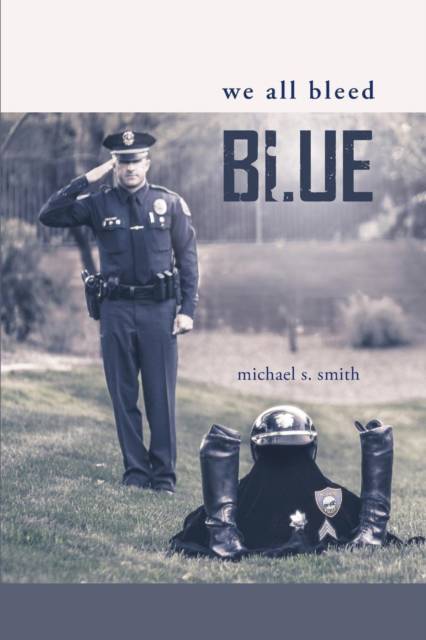
- Retrait gratuit dans votre magasin Club
- 7.000.000 titres dans notre catalogue
- Payer en toute sécurité
- Toujours un magasin près de chez vous
- Retrait gratuit dans votre magasin Club
- 7.000.0000 titres dans notre catalogue
- Payer en toute sécurité
- Toujours un magasin près de chez vous
Description
Follow the police career of the Author, who spent a career working within the black inner-city ghetto's of Richmond, California not unlike Ferguson, Missouri and Baltimore, Maryland. Find out what it's really like to work in such environments. A place that became one of the most crime ridden cities within the United States following the end of WWII. Left with a black and white populace who had come by the tens of thousands to work in the Kaiser Richmond Shipyards, one of the largest in the West Coast during the war effort. Many of the black's were left with nothing, no work, little housing and very little hope or opportunity. They were left with drugs, death and violence. Follow Sergeant Smith's career from the beginning to end. A career that saw many of his fellow officers and friends killed, wounded and injured policing the tough streets of Richmond and the Bay Area. Having served in many police details within the police department, he experienced what it was to be a white American who grew up near the Amish Country, in the farmland of Pennsylvania during the start of the civil rights movement. Martin Luther Kings, "I have a dream" speech in nearby Washington D.C., who then found himself in the battlegrounds of the inner-city. A city where the black community he served complained of police brutality, unjustified police shootings, and unfair profiling because of the color of their skin. A police department where Federal Lawsuits led to consent degrees that did not benefit the good of the department but led to internal strife among the sworn personnel. The results of Affirmative Action policies in hiring, promotions, and the effects felt within the agency which had been served by more than 90% of white sworn officers from its start in 1905. How the agency and the city suffered but started to find its way back by 2015.
Spécifications
Parties prenantes
- Auteur(s) :
- Editeur:
Contenu
- Nombre de pages :
- 290
- Langue:
- Anglais
Caractéristiques
- EAN:
- 9780997543544
- Date de parution :
- 09-06-16
- Format:
- Livre broché
- Format numérique:
- Trade paperback (VS)
- Dimensions :
- 152 mm x 229 mm
- Poids :
- 426 g

Les avis
Nous publions uniquement les avis qui respectent les conditions requises. Consultez nos conditions pour les avis.






